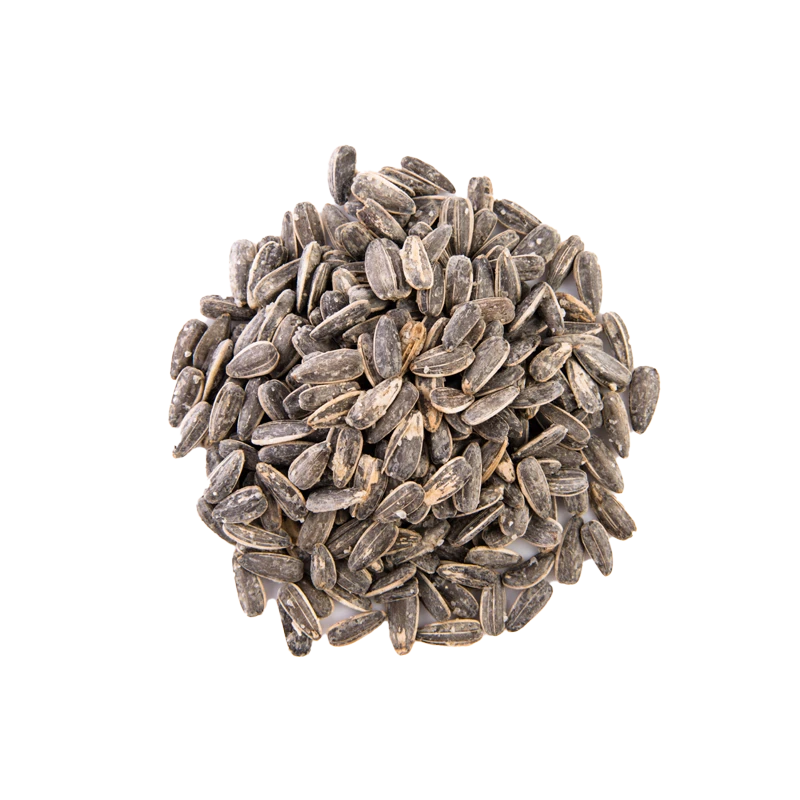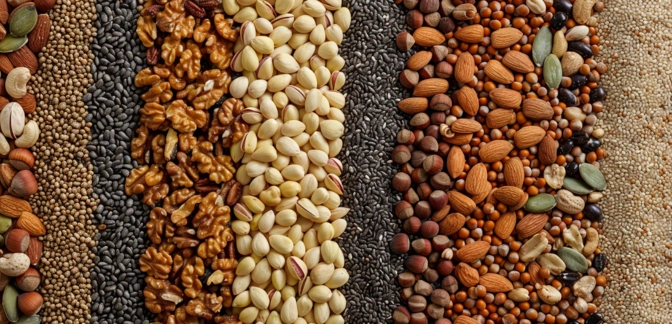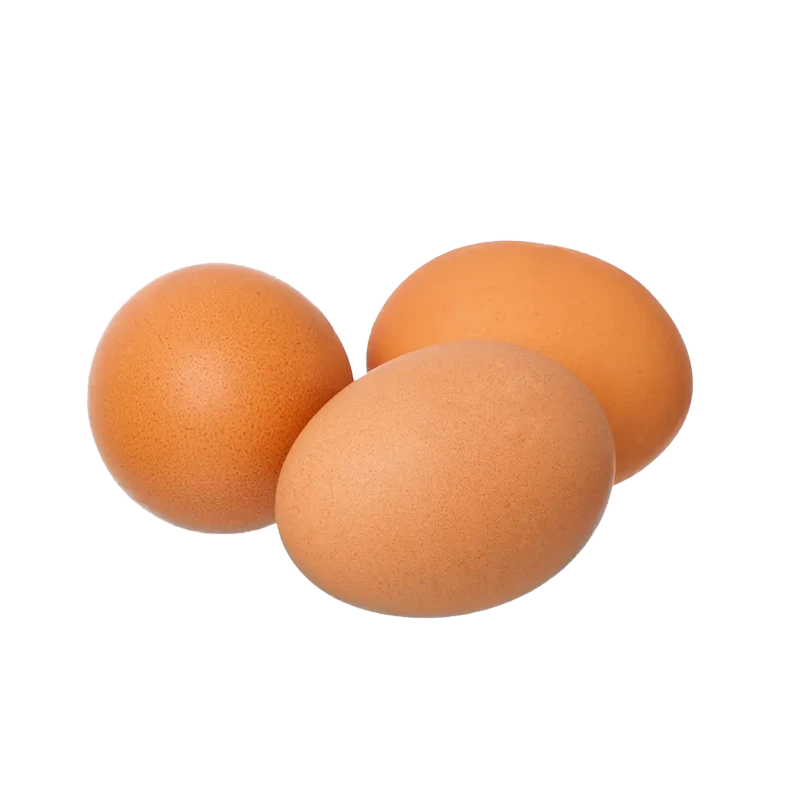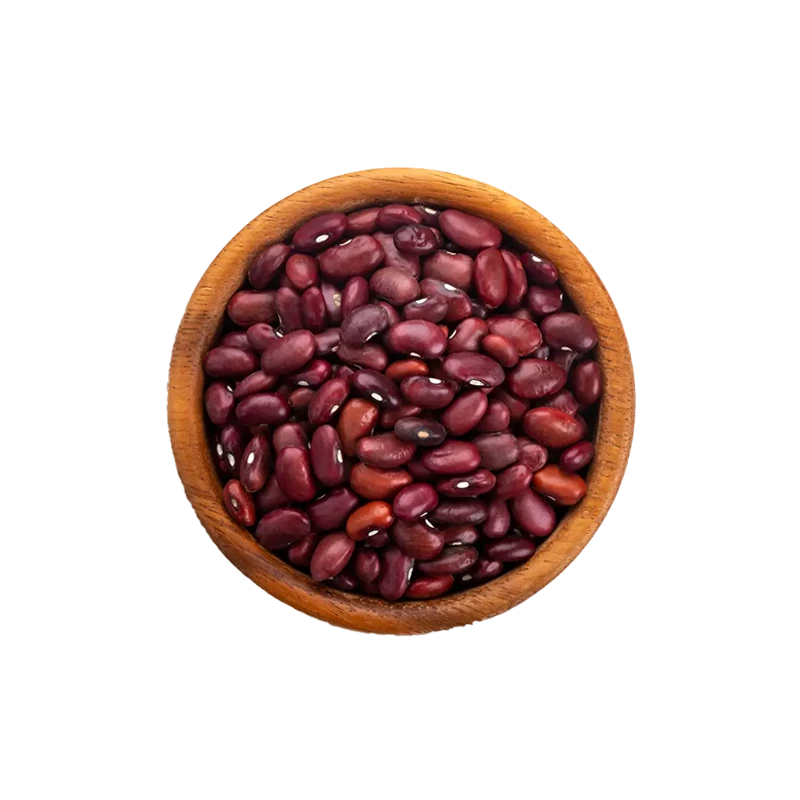Sunflower Seeds — Nutrients, Health Benefits, And Shopping Tips

Written by Listonic Team
Last update on September 4, 2024
Sunflower seeds nutrients
Nutrition facts
Amount per 100 g
Calories
🔥 584 kcal
| Nutrition per: 100 g | Value | % Daily Value* |
|---|---|---|
| Carbs | 20 g | 7.27% |
| Fiber | 9 g | 32.14% |
| Sugars | 3 g | 6% |
| Glycemic Index | 35 | - |
| Protein | 21 g | 42% |
| Sodium | 9 mg | 0.39% |
| Total Fat | 52 g | 66.67% |
*The % of Daily Value (DV) tells you how much a nutrient in a serving of food contributes to a daily diet. 2,000 calories a day is used for general nutrition advice.
21 g
💪 High Protein Content
9 g
🥔 Good Fiber Content
Sunflower seeds facts & tips
Health benefits
- High in healthy fats such as monounsaturated and polyunsaturated fats, which support heart health by reducing bad cholesterol levels.
- Rich in protein, providing essential amino acids for muscle growth and repair.
- Contains essential vitamins and minerals such as Vitamin E, magnesium, selenium, and zinc, which support overall health and well-being.
- High in fiber, promoting digestive health, regular bowel movements, and maintaining a healthy gut microbiome.
- Contains antioxidants that help protect the body from free radicals and reduce inflammation.
- Versatile and nutritious snack, which can be added to salads, yogurt, and baked goods for added crunch and nutrition.
Health risks
- High calorie content which can contribute to weight gain if consumed in large quantities, particularly as a snack or ingredient in calorie-dense foods.
- High fat content though mostly healthy fats, excessive consumption can still contribute to increased caloric intake and weight gain.
- Risk of allergic reactions in individuals allergic to sunflower seeds, causing symptoms like itching, swelling, difficulty breathing, or anaphylaxis.
- Potential for digestive discomfort such as bloating or gas when consumed in large quantities due to their high fiber content.
How to choose sunflower seeds
Sunflower seeds should be plump and have a firm texture; they should be uniform in color, ranging from grayish-green to black. The seeds should crack open easily to reveal the kernel inside.
Do not purchase sunflower seeds that are shriveled or discolored, as these are likely stale or poorly stored. Seeds that smell musty or taste sour should also be avoided, as they may have gone rancid.

How to store sunflower seeds
Sunflower seeds should be stored in an airtight container in a cool, dry place. Keeping them in the pantry helps maintain their flavor and crunch for up to six months. Refrigeration can extend their shelf life even further.
Exposure to moisture can cause sunflower seeds to spoil and lose their quality. Avoid storing them near heat sources or in humid environments. Always ensure the container is tightly sealed to keep them fresh and prevent contamination.
✅ Extra Tip
How long do they last?
Sunflower seeds can last for 6-12 months when stored in an airtight container in a cool, dark place. For longer storage, sunflower seeds can be refrigerated or frozen, where they can last up to 1-2 years.
What to do with leftovers?
Leftover sunflower seeds can be used in a variety of culinary and non-culinary ways. In the kitchen, sunflower seeds add a nutty flavor and crunchy texture to dishes like salads, granola, breads, and baked goods. They can be toasted and sprinkled over yogurt, oatmeal, or vegetables, or used as a topping for soups and casseroles.
Beyond cooking, sunflower seeds have several other uses. They can be used in DIY beauty treatments, such as grinding them into a paste with water to create an exfoliating scrub for the skin. Sunflower seeds can also be used in craft projects, such as making decorative wreaths or adding texture to homemade candles. Additionally, sunflower seeds can be planted in the garden to grow sunflower plants, which provide not only beautiful flowers but also more seeds for future use. In traditional medicine, sunflower seeds are sometimes consumed to support heart health and provide a source of healthy fats and nutrients.
👨⚕️️ Medical disclaimer
Discover products from other categories
Listonic Team
Fact-checked
Our editorial team checked this article to make sure it was accurate at the time of publishing it.
Get the top-rated shopping list app on your phone!







